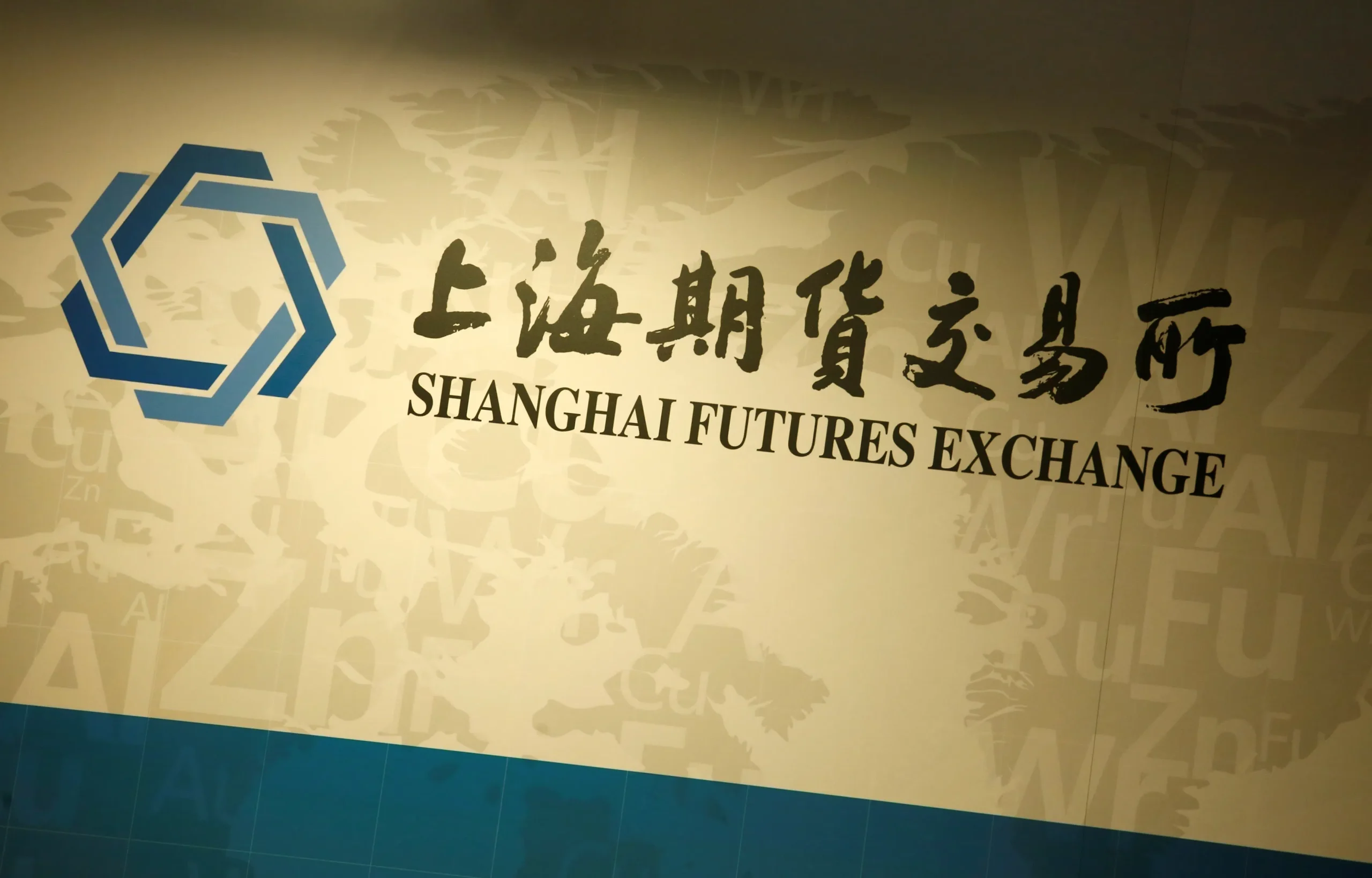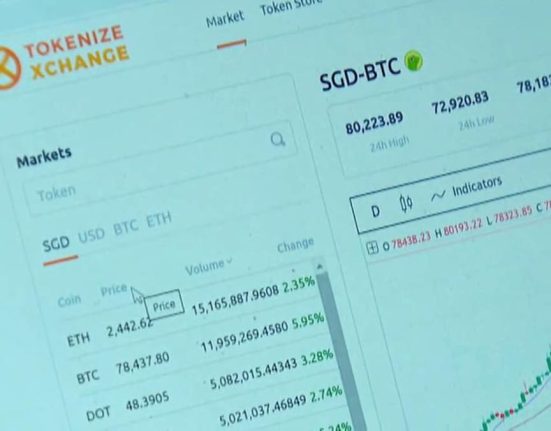CHINA is on the cusp of its biggest move yet to open up its vast commodities markets, after the Shanghai Futures Exchange (SHFE) unveiled an internationalisation plan to streamline access for overseas investors.
The country’s biggest raw materials bourse is soliciting views on a proposal to let participants post foreign exchange as collateral for yuan-denominated trades, according to a statement on Tuesday (May 27). Restrictions on foreigners and their capital are an oft-cited reason for China’s failure to punch its weight in international markets.
The much-anticipated move would serve a number of purposes, including China’s long-held ambition to more directly influence the price of the imported commodities on which its economy relies. It would also help burnish the yuan’s appeal as an international currency to rival the US dollar in financial markets.
SHFE, set up in 1999 and run by China’s government, offers trading in contracts from copper and steel to gold, crude oil and petrochemicals. The country is the world’s largest buyer of raw materials, but benchmark pricing for key commodities is usually set elsewhere, including New York and London for oil, London for base metals and Singapore for iron ore.
“It’s time for yuan pricing to go global,” said Tiger Shi, managing partner at Bands Financial, who has been involved in China’s commodities markets for more than two decades.
Earlier, more modest moves to open up commodities futures have had limited success. The Shanghai International Energy Exchange, a SHFE unit, has offered yuan-denominated copper to overseas participants since 2020, and a crude-oil contract since 2018, but neither has made much of a dent in the dominance of international exchanges. The Dalian Commodity Exchange opened up iron ore futures in 2018, and that has found more traction as a benchmark.
BT in your inbox

Start and end each day with the latest news stories and analyses delivered straight to your inbox.
The latest plan appears to go much further, by proposing sweeping changes to ease participation across 18 of SHFE’s domestic contracts. The exchange will overhaul rules on market access, trading, settlement, risk control and delivery to “systematically internationalise” trading, SHFE said. It has asked for public feedback by Jun 4.
“This is welcome news,” said Zheng Jia, head of trading at Shanghai Soochow Jiuying Investment Management. “It will attract more diversified participants and boost liquidity, and will also connect Chinese prices more closely with overseas prices.”
Price setting
The proposals would serve the country’s broader opening-up strategy, while helping Shanghai to develop as an international financial centre and enhancing China’s influence over global commodities pricing, SHFE said.
Chinese authorities have pledged to expand cross-border financial services in Shanghai, the nation’s premier commercial hub. A plan released in April vowed to help international investors become more deeply involved in trading platforms, and included a push to expand yuan-denominated pricing at the Shanghai Gold Exchange.
“The future direction is to develop the yuan into a trade financing currency, or a funding currency,” said Tommy Xie, head of Asia macro research at OCBC. “An important function of any trade financing currency is the pricing of commodities.”
Shi at Bands Financial said he expects nickel to be the first contract that SHFE opens up under its new proposals. He said the bourse’s plan will complement other steps to bridge the gap between China’s commodities markets and the rest of the world’s.
The London Metal Exchange – owned by Hong Kong Exchanges & Clearing – is poised to add warehouses in Hong Kong to its global network. That’s aimed at giving businesses in mainland China an easier way to ship metal to the exchange, especially at times of market stress and major dislocations between Chinese and international prices. BLOOMBERG







